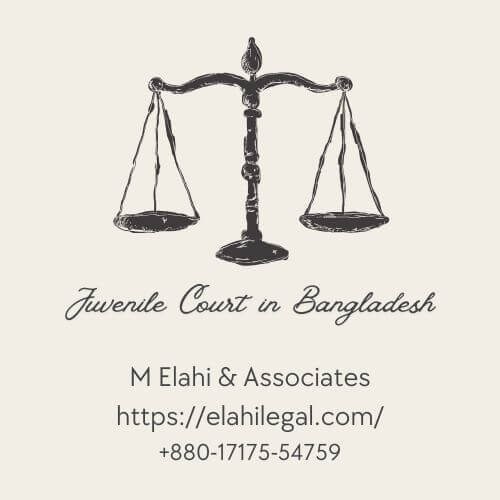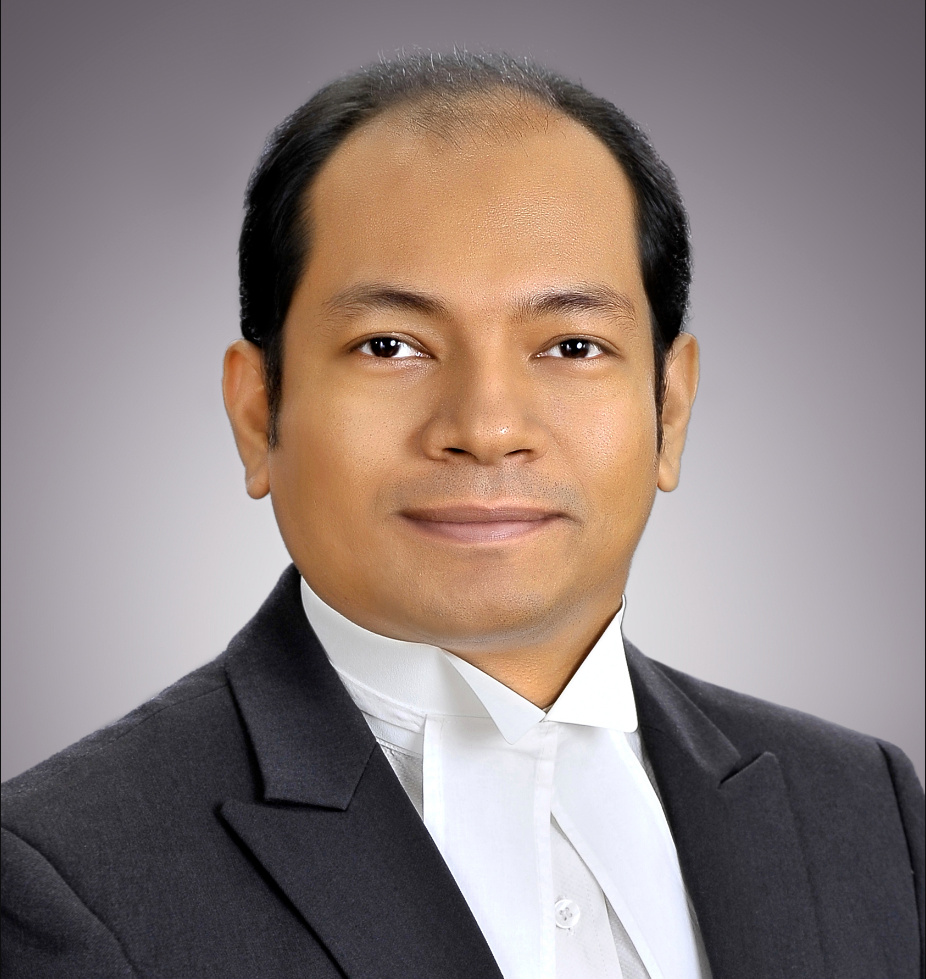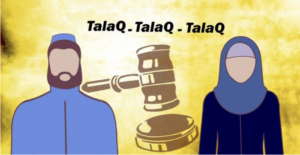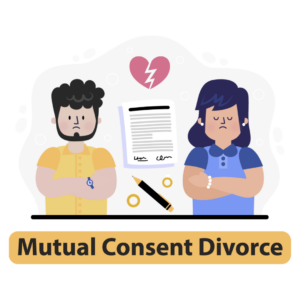Juvenile Court in Bangladesh 2025: Full Guide to Children Act 2013
In Bangladesh, the Juvenile Court plays a crucial role in protecting the rights of children in conflict with the law. Established under the Children Act 2013, these specialized courts focus on rehabilitation rather than punishment, ensuring young offenders receive fair treatment aligned with international standards like the UN Convention on the Rights of the Child (CRC).
At M. Elahi & Associates, a leading full-service law firm in Bangladesh, our experienced team has successfully represented numerous cases in juvenile courts nationwide. With expertise in criminal law, family law, and child rights, we prioritize the best interests of the child.
What Is a Juvenile Court in Bangladesh?
A Juvenile Court handles legal cases involving children under 18 years accused of offenses. Unlike adult courts, these courts operate in a child-friendly environment with a focus on rehabilitation.
Key Principles:
- Closed-door hearings
- Identity protection
- Rehabilitation-first approach
- Involvement of probation officers and social workers
The main law is Children Act 2013, which replaced the Children Act 1974.
Who Is Considered a Juvenile?
According to Section 2(9) of the Children Act 2013:
- A child is any person below 18 years
- Criminal responsibility begins at age 9 (no liability below 9)
History and Evolution of Juvenile Justice
- 1922: Bengal Children’s Act introduced
- 1974: Children Act formalized juvenile courts post-independence
- 2013: Major reforms including:
- Dedicated juvenile courts
- Replacement of jails with Child Development Centres (CDCs)
- Mandatory psychological and social support
2025 Update:
- Digital case management
- Virtual hearings in selected districts
Step-by-Step Procedure in Juvenile Court (2025)
Arrest and First Contact
- Police must inform parents/guardians immediately
- No handcuffs or public display
- Temporary placement only in certified institutions
Bail Application
- Juveniles have strong grounds for bail
- Courts usually release children to parents or certified NGOs
Trial Process
- Hearings held in private
- Age verification via birth records or medical exam
- Probation officer submits social investigation report
Possible Outcomes
- Warning and release
- Probation with supervision
- Placement in Child Development Centre (maximum 3–5 years for serious cases)
Sentencing Options Table (2025)
| Offense Category | Typical Outcome | Rehabilitation Focus |
|---|---|---|
| Petty Theft | Probation + Community Service | Counseling |
| Assault | Short-term CDC placement | Anger Management |
| Drug-related | Diversion to rehabilitation center | Therapy & Education |
| Cyber Offenses | Digital literacy + probation | Online Safety Training |
| Serious Crimes | Longer CDC stay + education | Vocational Skills |
Source: Department of Social Services Guidelines
Rights of Children in Juvenile Court
Every child has the right to:
- Free legal representation
- Protection from cruelty and exploitation
- Continued education during detention
- Appeal to the High Court Division
Important judgment: State vs. Roushan Mondal (2007) – emphasized fair trial standards.
Current Challenges (2025)
- Limited number of Child Development Centres
- Case backlogs in some districts
- Rising juvenile cybercrime cases
- Need for more trained probation officers
Positive steps in 2025:
- Digital courts launched in Dhaka and Chittagong
- Training programs for judges and social workers
- Increased NGO collaboration
How M. Elahi & Associates Can Help
We assist with:
- Immediate bail applications
- Defense strategy and trial representation
- Coordination with probation officers
- Post-release rehabilitation support
Related services:
FAQ: Juvenile Court in Bangladesh
- What is the age limit for juvenile court?
Below 18 years. No criminal responsibility under 9 years.
- Where are Child Development Centres located?
Main centers: Tongi (Dhaka), Konabari (Gazipur), Jessore. Full list at DSS website.
- Is bail usually granted in juvenile cases?
Yes – courts favor release to family or certified institutions.
- How long do juvenile cases take?
Typically 3–8 months. Digital courts have reduced delays.
- Can juvenile records be removed?
Yes – records are sealed when the child turns 18.
- Are parents allowed in court?
Yes, guardian presence is mandatory.
- What if the child is a victim?
Victim cases go to family courts or child protection units.
Need Expert Help?
Facing a juvenile court matter? Early legal support makes a difference.
Call: +880-17175-54759 (24/7 available)
M. Elahi & Associates – Committed to protecting the rights and future of every child.





